A well-informed former diplomat specialising in bilateral diplomacy remarked recently that multilateral diplomacy and institutions have failed to deliver. “What has the G20 achieved?” he asked. This is a valid question, best answered by critically examining the recently concluded G20 Summit in Johannesburg (22–23 November).
The G20 is a unique, informal, plurilateral grouping widely hailed as a premier forum for international economic cooperation. Its global clout has grown with the first expansion since its elevation to the highest political level in 2008. According to an official source, with the entry of the African Union (AU) as a full member, the G20 — composed of 19 nations and two regional groupings — now represents 88 per cent of global GDP, 78 per cent of international trade, and around three-quarters of the world’s population. With such credentials, the G20’s achievements and vulnerabilities serve as an index of the direction in which the world is proceeding. A critical assessment is therefore essential to understanding international relations and global diplomacy.
South African Perspective
It took the G20, a combination of nations from the Global North and South, a full 17 years before holding a summit in Africa — the cradle of humankind. South Africa, the only African member, was given the honour, and the summit came just two years after the AU became its latest member.
From all accounts, the South African government — as the host and presidency holder — performed superbly. Among several speeches and statements, President Cyril Ramaphosa excelled, especially in his opening and closing addresses.
On Day 1 (22 November), he asserted — in a veiled reference to the US boycott — that South Africa had “sought at all times to preserve the integrity and stature of the G20”. Addressing sceptics directly, he argued that deliberations at this forum do have “an impact on the lives of all members of the global community”.
This is evident when we recall that, from its initial focus on macroeconomic issues, the G20 now addresses a wide range of matters: trade, sustainable development, health, education, science and technology, agriculture, energy, environment, climate change, women-led development, critical minerals, and artificial intelligence. Ramaphosa emphasised the need to promote equality and to “break down divisions of economic status, gender, race, and geography”. Who can quarrel with this idea? He reminded leaders of their responsibility to “not allow anything to diminish the value, the stature or the impact of the first African G20 presidency”.
Quick Reads
View AllHis closing remarks offered a sober report card — a robust response to sceptics questioning the summit’s achievements. Referring to the Leaders’ Declaration, he stressed that it is “more than words — it is a commitment to concrete actions” enabling joint efforts on issues of shared concern. Participants focused on responding to global calls on the major “imperatives of our times”: ending poverty in all its forms, reducing inequality within and among countries, and taking urgent action to combat climate change. How these aims may be achieved is detailed in 122 paragraphs of the Johannesburg Declaration (which this author has analysed elsewhere).
Ramaphosa also cited the G20@20 Review, expressing hope that it would guide the G20 to remain relevant in a rapidly changing world. At the heart of the South African presidency was “the conviction that the G20 must act boldly and act together to create an environment of inclusive growth, reduced inequality, and sustainable development.”
India’s Perspective
In the broader context of the absence of top leaders from Russia, China, Argentina, Mexico, and Indonesia — and the US’s complete boycott of the South African presidency and summit — the meeting unfolded under unusually constrained circumstances. In this setting, India, Brazil, and a handful of leaders from the North (notably France, Germany, the UK, and Japan), together with the host nation, carried the responsibility of ensuring the summit’s success.
Against this backdrop, India performed very well, both in the main conference hall and during sideline deliberations. Prime Minister Narendra Modi spoke at all three sessions, addressing inclusive and sustainable economic growth, a resilient world, and a fair and just future for all. His combined interventions made a strong plea to reconsider and redefine “the parameters of development” and adopt “the pathway of Integral Humanism”. It is an approach calling upon the humankind “to view the individual, society and nature as an integrated whole”.
PM Modi presented six new proposals for consideration and acceptance by fellow G20 leaders. These are: the creation of a global traditional knowledge repository; a G20 Africa skills multiplier initiative; a G20 health response team; a G20 initiative to combat the drug-terror nexus; a G20 critical minerals circularity initiative; and, a G20 open satellite data partnership. He also sought a greater voice for the Global South in global governance, projecting India’s message in the following clear terms: “Development must be sustainable. Trade should be trusted. And progress must ensure all-inclusive prosperity.”
To what extent India’s ideas and proposals have been incorporated in the Johannesburg Declaration and how they might influence the future work of the G20 should be introspected and analysed by domain experts. However, it is noteworthy that officials of the Ministry of External Affairs seemed pleased with the reception PM Modi’s interventions received. A senior official asserted that “for us, G20 is a very important forum”, and that “we are very happy that the issues of importance to the Global South are at the centre for discussion and are being highlighted”.
Conclusion
While most participating leaders, including the host, expressed satisfaction with the summit outcome, concerns remain about how the G20 will fare under the next presidency — that of the US. A formal handover was not possible due to the absence of the US president. More significantly, the current US administration appears to have serious reservations regarding key elements of the Johannesburg outcome documents. How the US will reconcile its position with the clear tilt in favour of the Global South agenda is an open question — the answer lies in the future.
Meanwhile, G20 governments can give themselves a pat on the back for crafting and reaffirming important decisions on inclusive growth, debt sustainability, disaster resilience and response, climate finance, critical minerals, food security, and global governance.
However, now back in their capitals, they need to remember that decisions must be implemented – which, in turn, requires a high degree of political will and commitment. The real success of the G20, and indeed the well-being of humanity, will depend on their ability to muster these qualities in sufficient measure.
(Rajiv Bhatia is a Distinguished Fellow at Gateway House, with extensive diplomatic experience in regional and global groupings, and the author of three books on Indian foreign policy. Views expressed in the above piece are personal and solely that of the author. They do not necessarily reflect Firstpost’s views.)


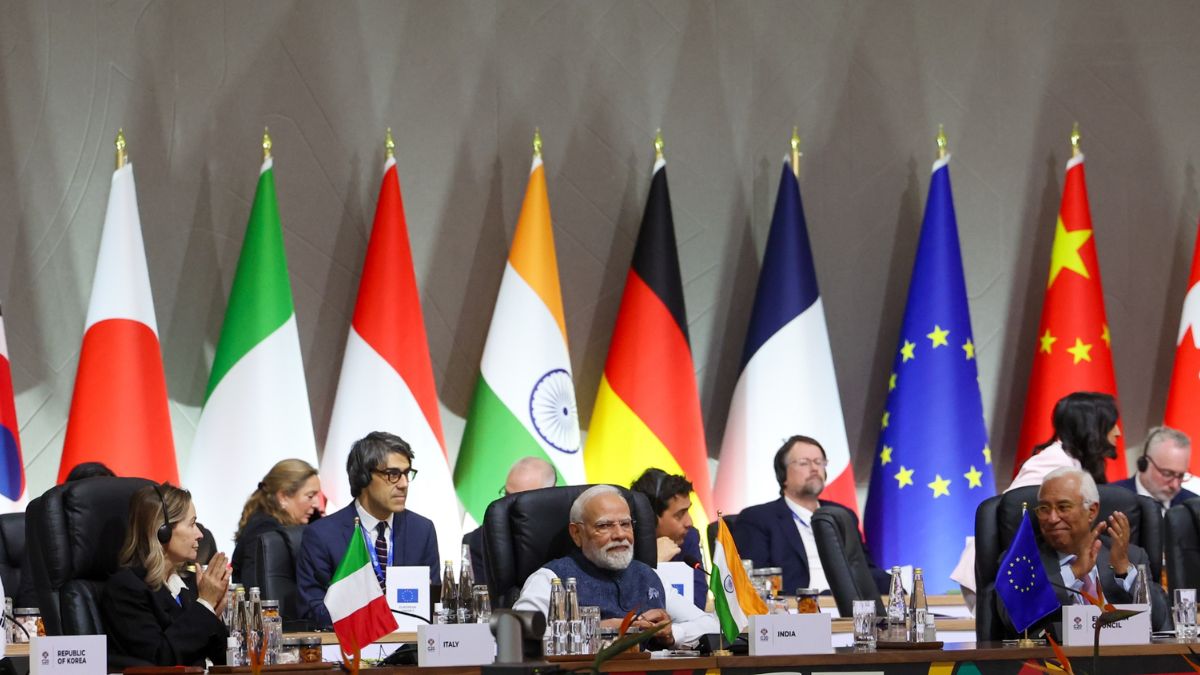)
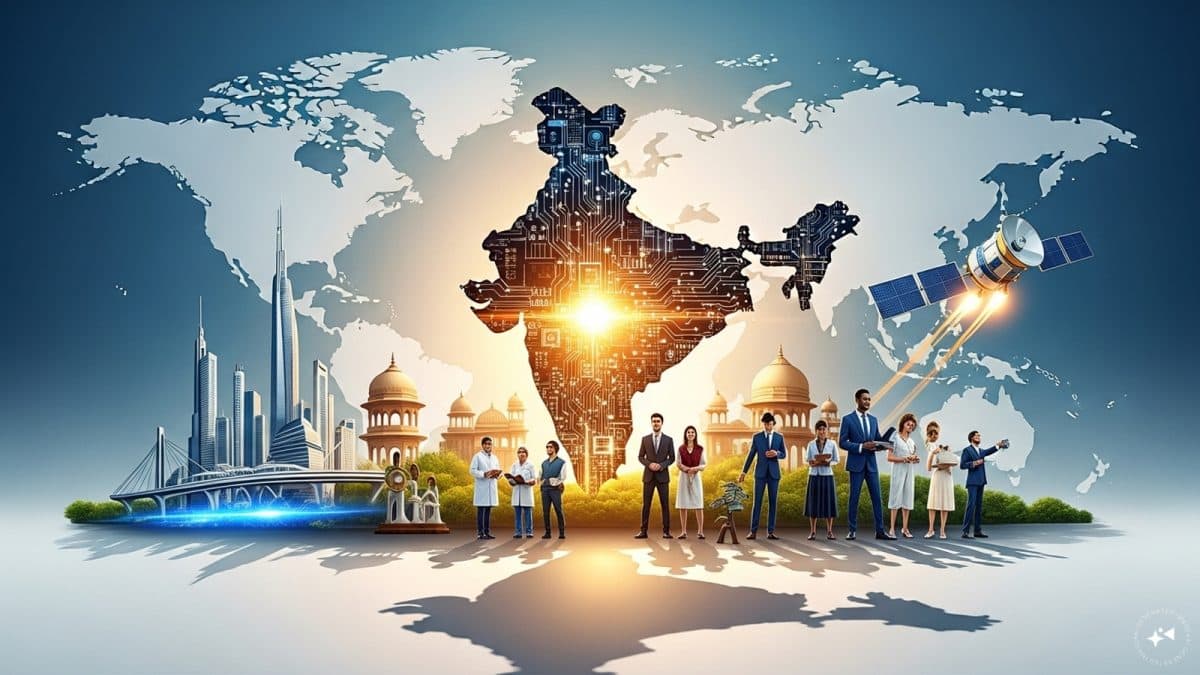
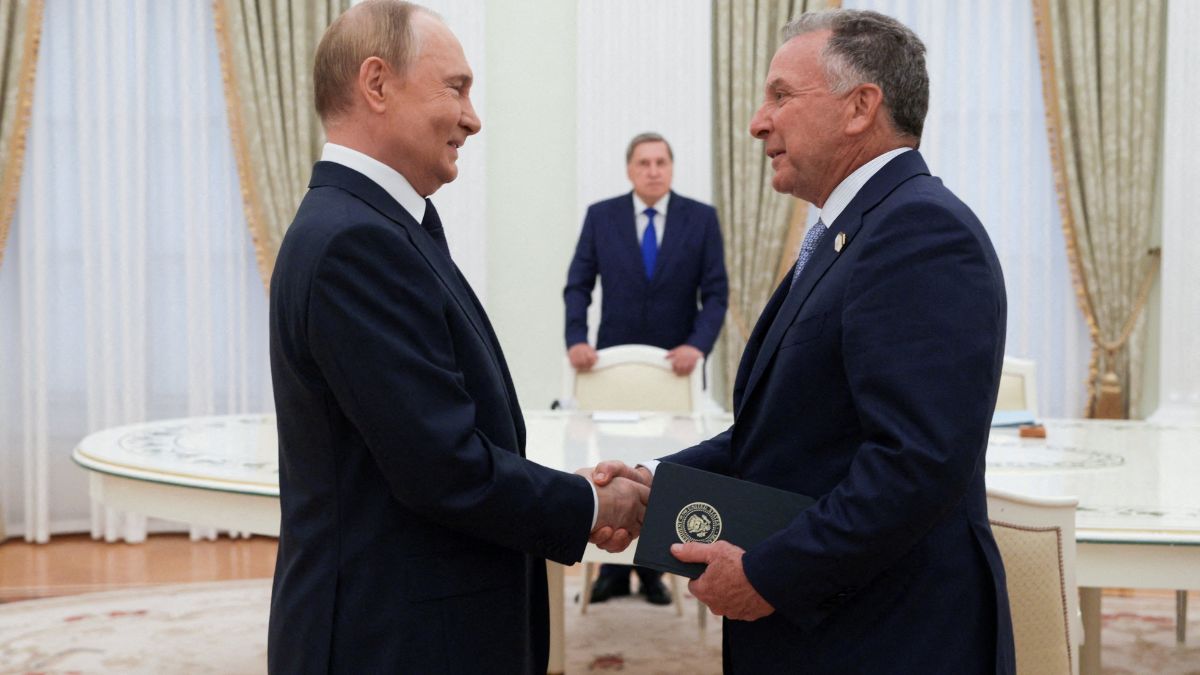)
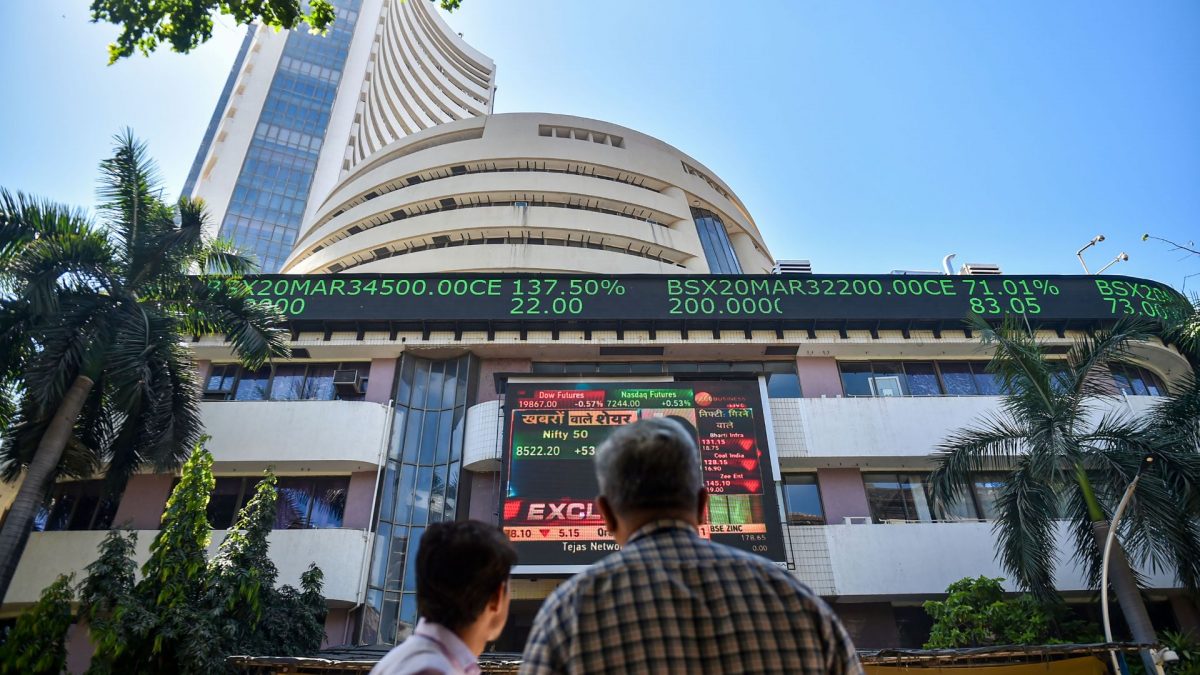)
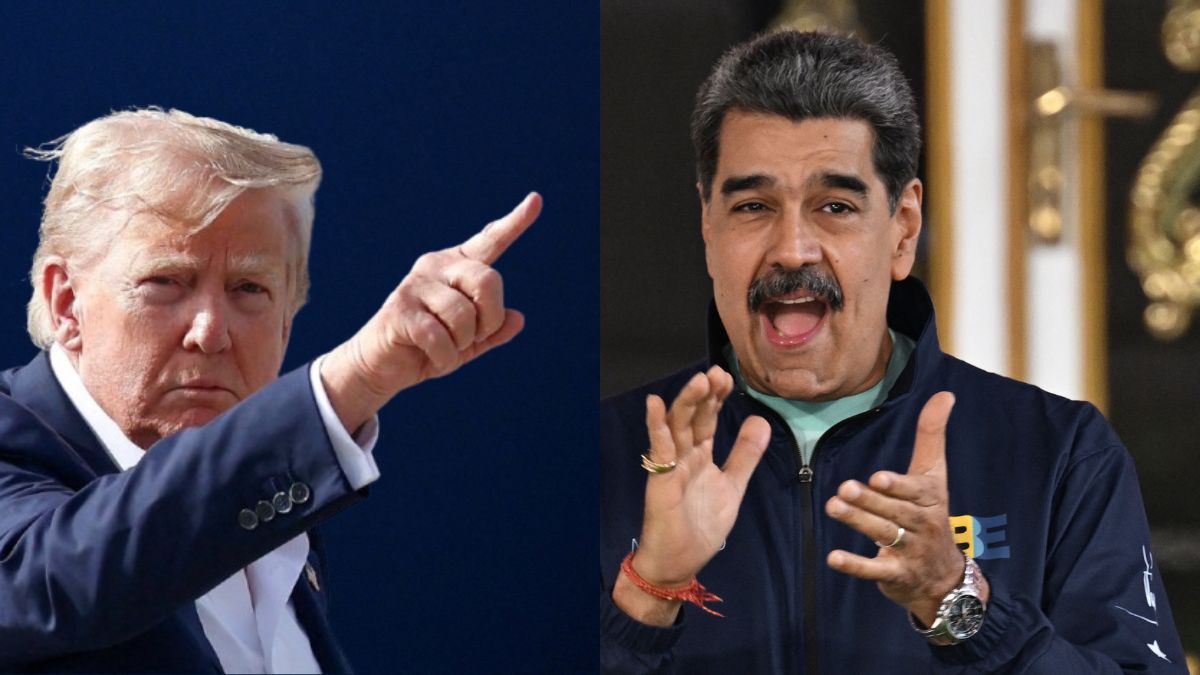)
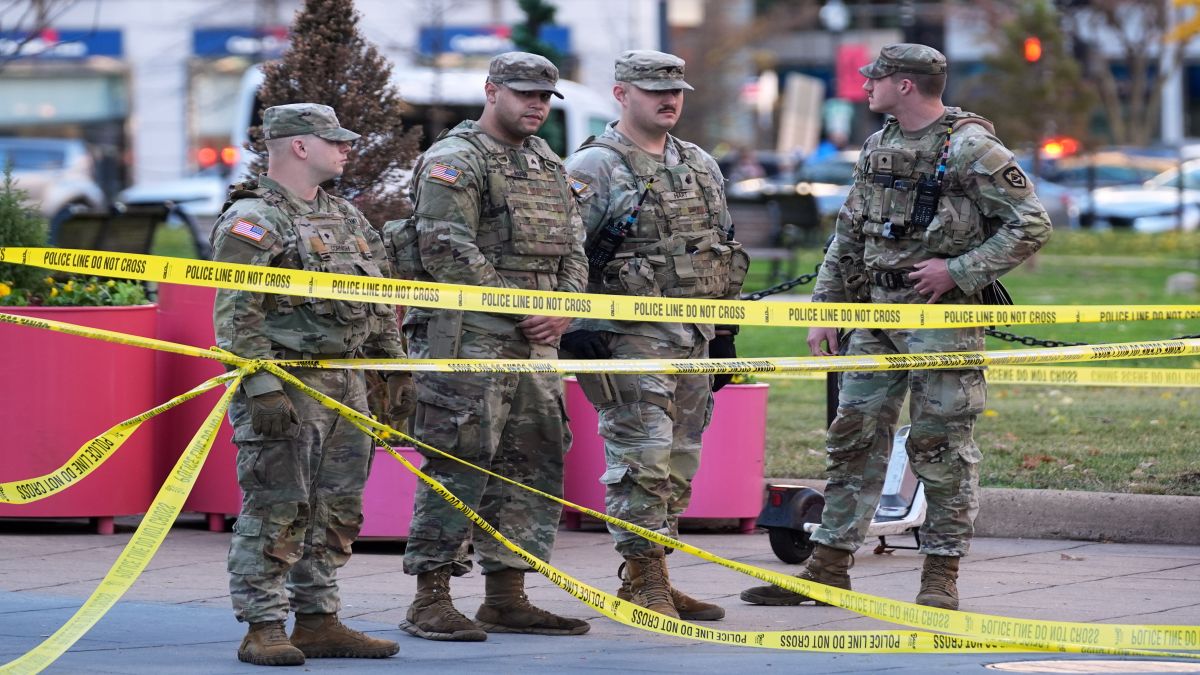)
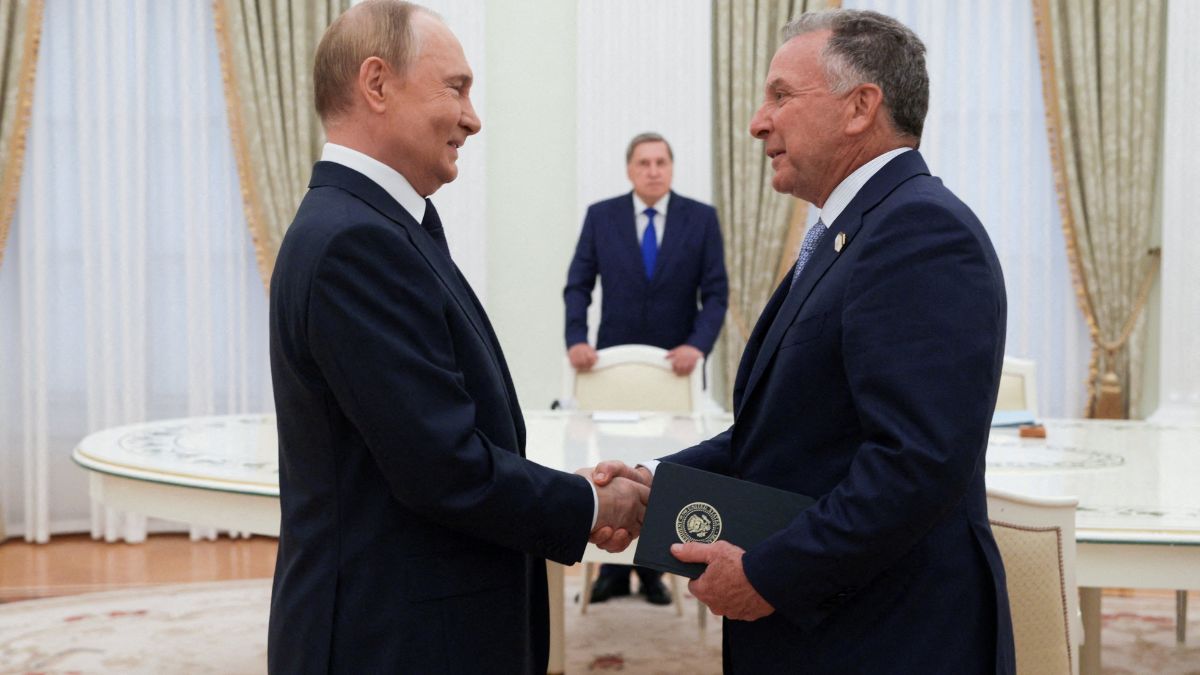)
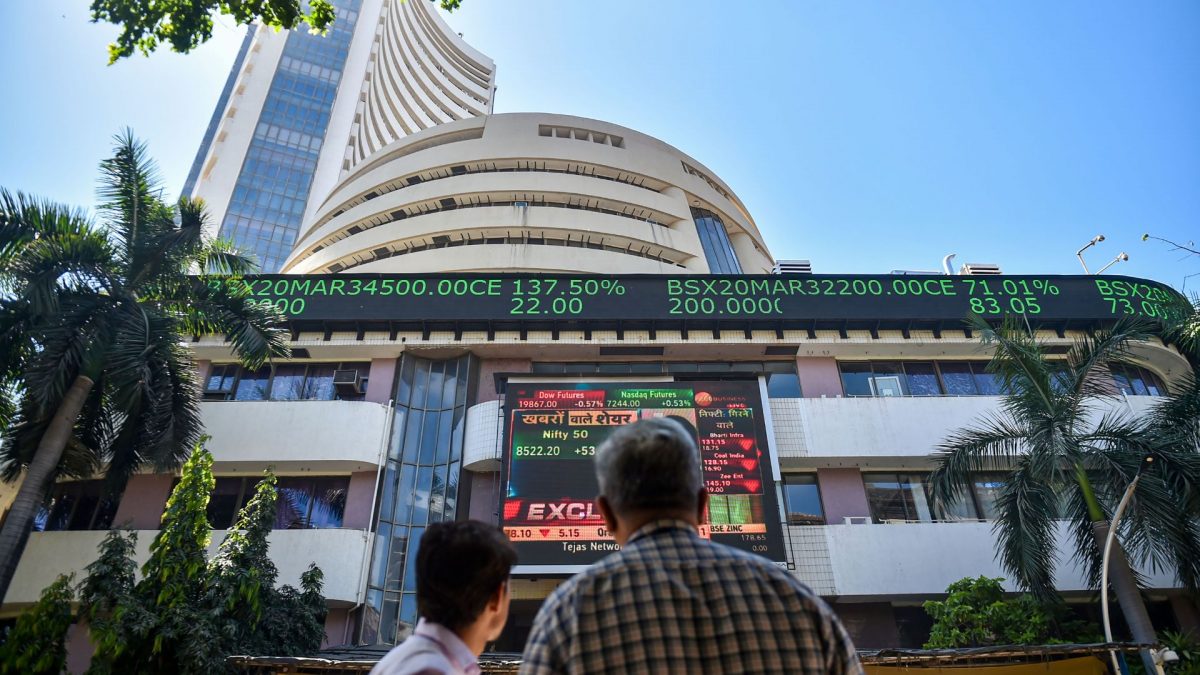)
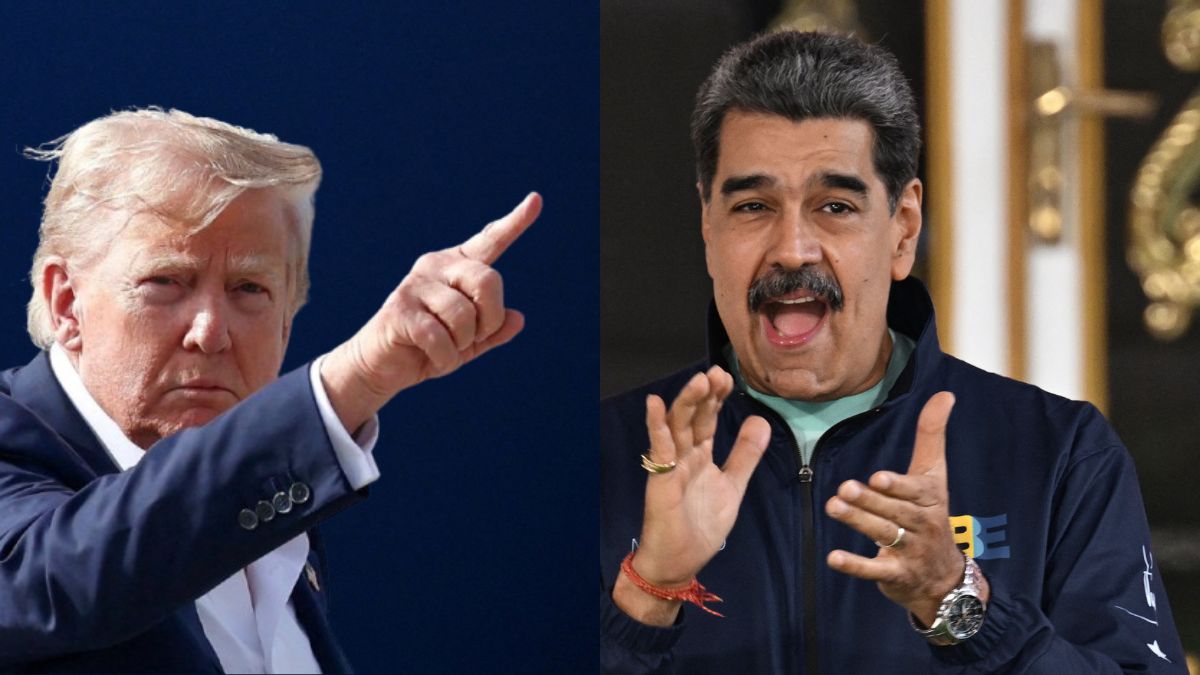)
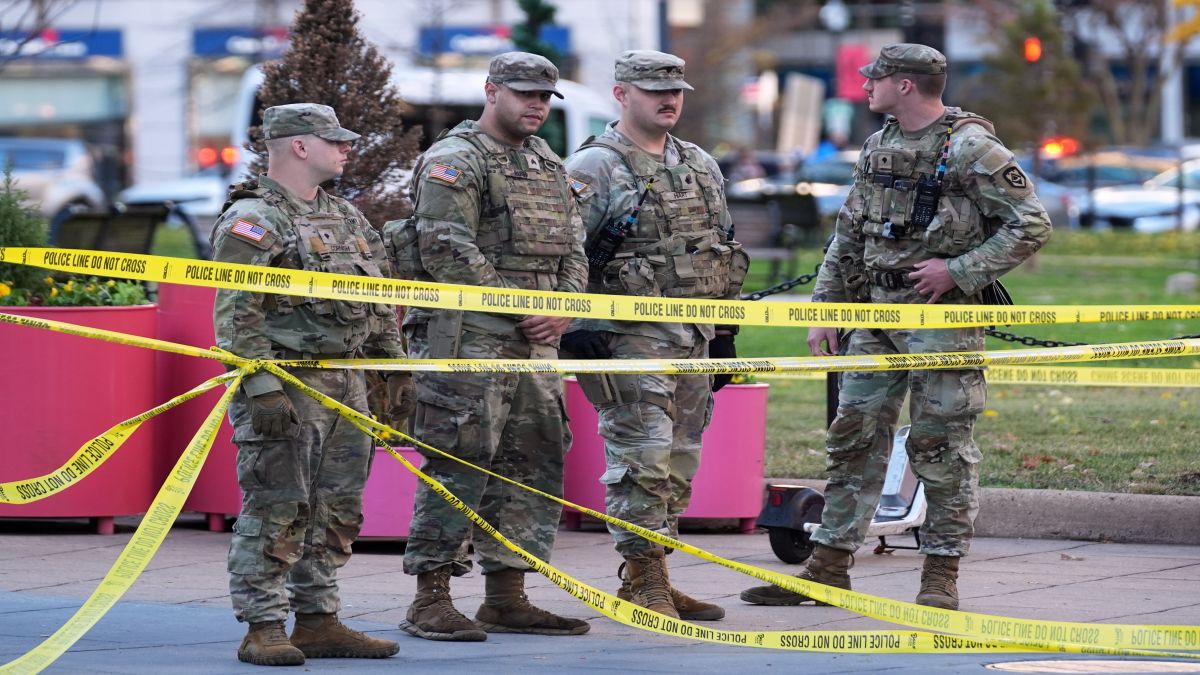)



